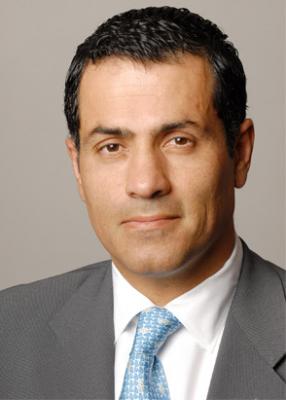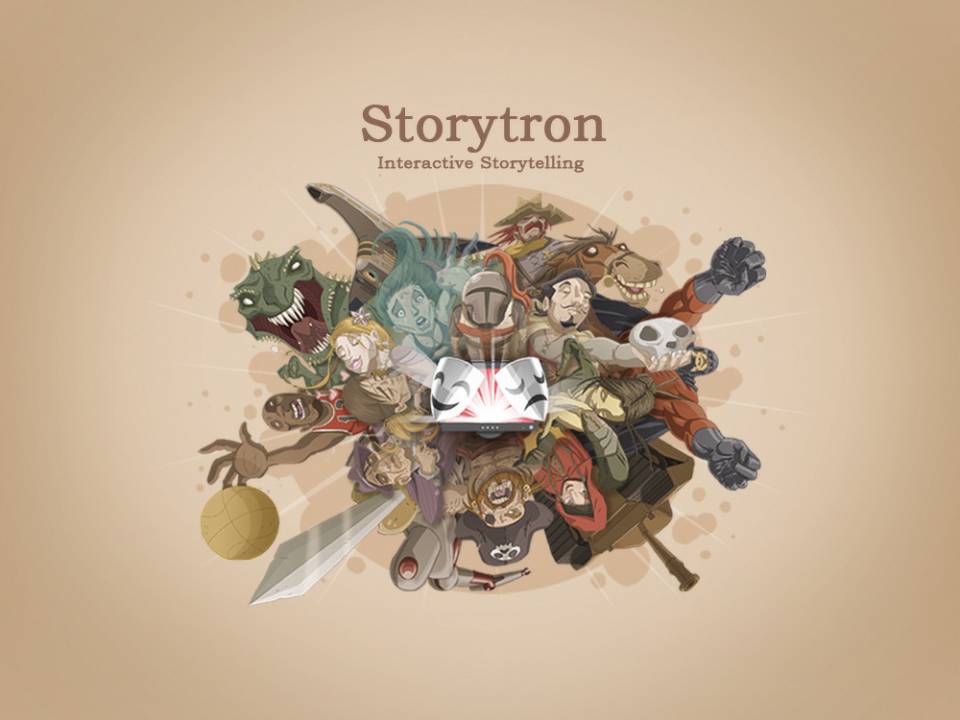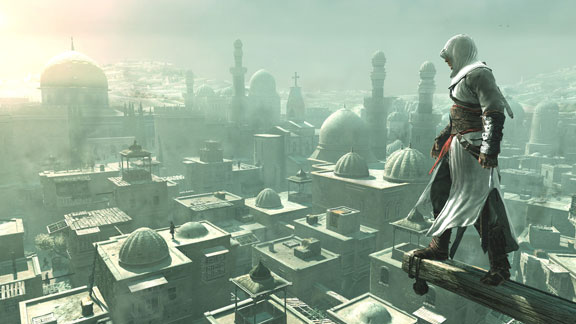Reading Vali Nasr and Pondering US Policy
By Argus 1 Comments

Few books, recently, have prompted me to question my own mindset more than Vali Nasr's The Heart of Islam.
I'd like to think of myself as an open-minded person. Although I am an atheist I willingly recognize that Islam, with its emphasis on truth, charity, and peace, has a lot to offer to anyone's personal philosophy. I know that the Muslim organizations with whom my country is at war only represent an extreme component of the faith. I understand that the Muslim world, while distinct from my own in many ways, has a vibrant culture which deserves the honor and respect of all who are exposed to it.
Yet along with that understanding, I have to say there are aspects of Islamic culture that strike me as simply wrong. The example of thehijab comes to mind. In the Islamic Republic of Iran, the veil is mandated by law. Many women in that country wear it willingly and as a source of pride, yet many others struggle against at as an imposition by the state. To my mind the imposition of the veil is wrong, not because the veil itself is oppressive, but because the garment itself is imposed - the choice of whether to wear the article of clothing was removed from the person. I believe that this imposition is an injustice - I believe something should be done about it.
The obvious rejoinders include the fact that Iran does not represent the whole Islamic world, that the mandatory veil is an "invented tradition" that twists the words of the Prophet, and that it is unfair to hold the world's billion plus Muslims accountable to the policies of one authoritarian regime. These are all valid points. Nasr, in his book, adds one to the list - who am I, as a westerner, to determine what is just and unjust in any Muslim culture, even one that exists on the fringes as Iran does? Towards the end of his book, Nasr makes the argument that it is arrogant and ignorant of western observers to try and impose their own values upon the Muslim world. Nasr presents the possibility of a debate over values between Westerners and Muslims.

"The debate could continue for a long time, but at the end the Muslim interlocutors would thank their Western counterparts and state that they were grateful for their concern, but that if they really wanted to be friends and fellow human being,s the should not impose their views but ask the Muslim team what they considered to be the rights that were most missing in their lives and that their Western friends could help to realize." (pg 289)
Essentially, its the argument for self-determinism. Nasr isn't stating that he's against letting women choose whether veiling is right for them - he's arguing that it is up to Islamic culture, not the West, to make that judgement. He's not angry at countries with Muslim populations who walk about unveiled - he's angry with the model of forced unveiling represented by the Western-emulating Ataturk and Reza Shah. Ultimately Nasr is making the point that it is not the West's responsibility to intervene and force change, even when it genuinely feels that real injustice is being done.
It's an eloquent argument, and I wrestle with it. The track record of the West is hardly pristine, for one thing - I often need to remind myself that the founding of my own nation coincided with the mass occupation and usurpment of hundreds of millions of Native Americans. And, for another, I have to remember that the values of human rights are not always my nation's chief priority in the modern day.
A few paragraphs after that argument, Nasr touches upon another point that hits directly home.



















Log in to comment